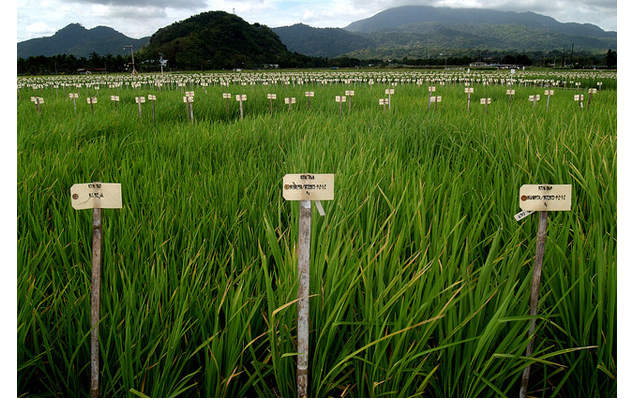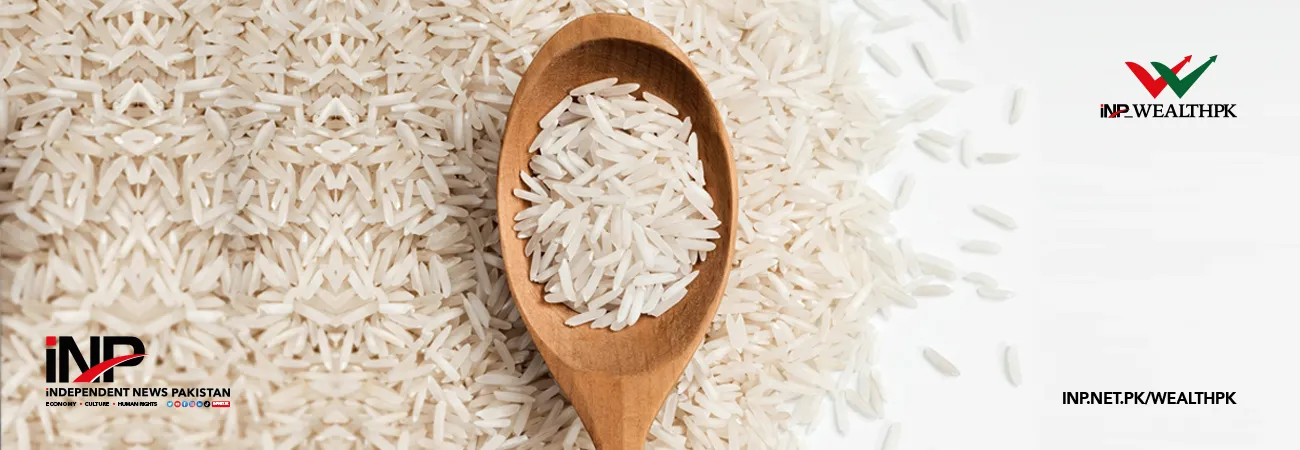INP-WealthPk
Arooj Zulfiqar
Climate change and its adverse effects on agriculture have necessitated the need for the adoption of sustainable rice production methods to ensure food security in Pakistan.

“As rice is a staple crop and a significant export commodity, the urgency to implement eco-friendly practices has never been more critical,” said Dr Abi, a senior scientific officer at the National Agricultural Research Centre (NARC). “In recent years, Pakistan has experienced extreme heat conditions during the Kharif season, with temperatures reaching up to 50 degrees Celsius in some regions. This has had a detrimental impact on crop yield and quality, particularly on the rice crop, which has seen a reduction in yield by one-third, especially in Sindh province,” he informed WealthPK. Abi said: “Traditional rice farming methods are no longer viable given the current environmental challenges. We need to shift towards practices that conserve water and enhance soil health.”
“Rising temperatures, frequent floods, and droughts have posed serious threats to crop yields and quality. As a result, there is a need to develop new rice varieties that can withstand the stress caused by excessive heat and drought,” he said. “Additionally, the heavy reliance on chemical pesticides in rice farming poses an environmental threat. Integrated Pest Management (IPM) strategies, which include biological control and resistant varieties, offer a sustainable solution. By reducing chemical usage, IPM not only protects the environment but also promotes biodiversity,” the NARC scientist said. “The development and adoption of climate-resilient rice varieties are crucial for mitigating the impacts of climate change,” he said, adding that NARC has been at the forefront of breeding rice varieties that can withstand extreme weather conditions such as drought and salinity.
“Our goal is to provide farmers with both high-yielding and resilient seeds to climate stress,” he said. “The transition to sustainable rice production methods requires substantial support from the government and policymakers,” he said, and stressed the need for an increased investment in agricultural research and development. “Funding for R&D is essential to develop new technologies and practices that can be readily adopted by farmers, ” he asserted. “Moreover, policy incentives such as subsidies for sustainable farming inputs and training programmes for farmers can accelerate the shift towards eco-friendly practices. The government must create an enabling environment for farmers to adopt sustainable practices.”
Credit: INP-WealthPk













